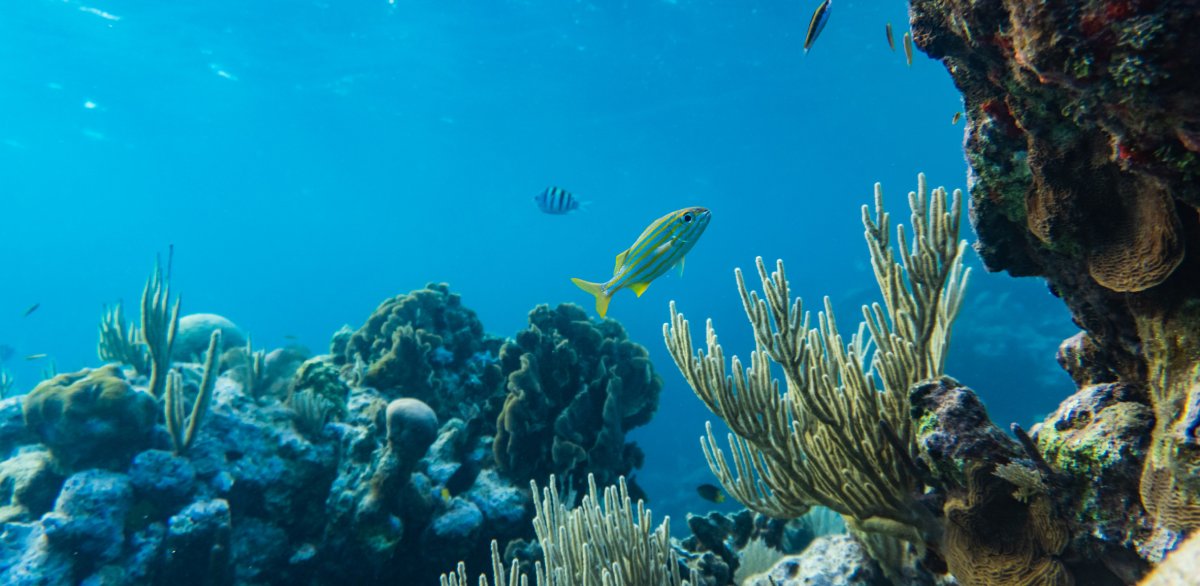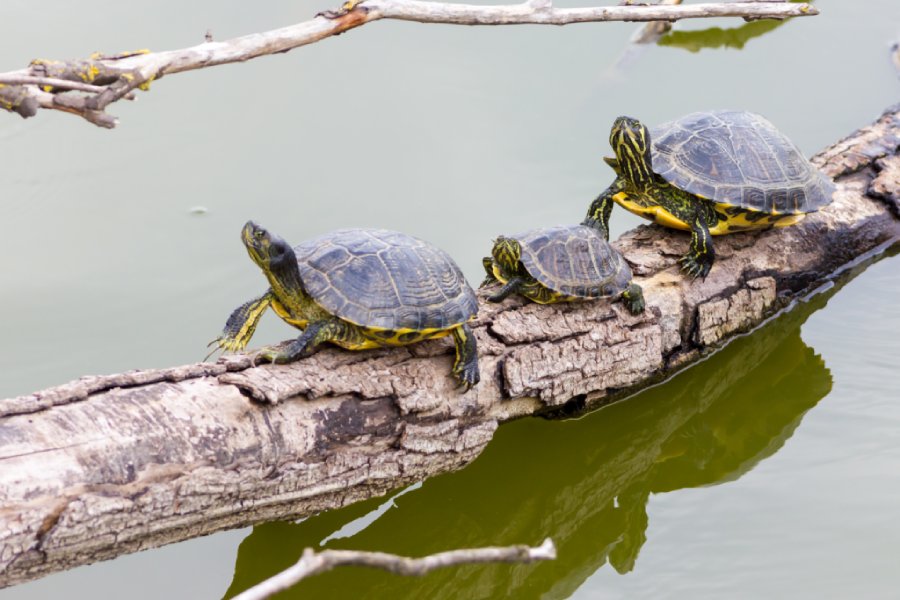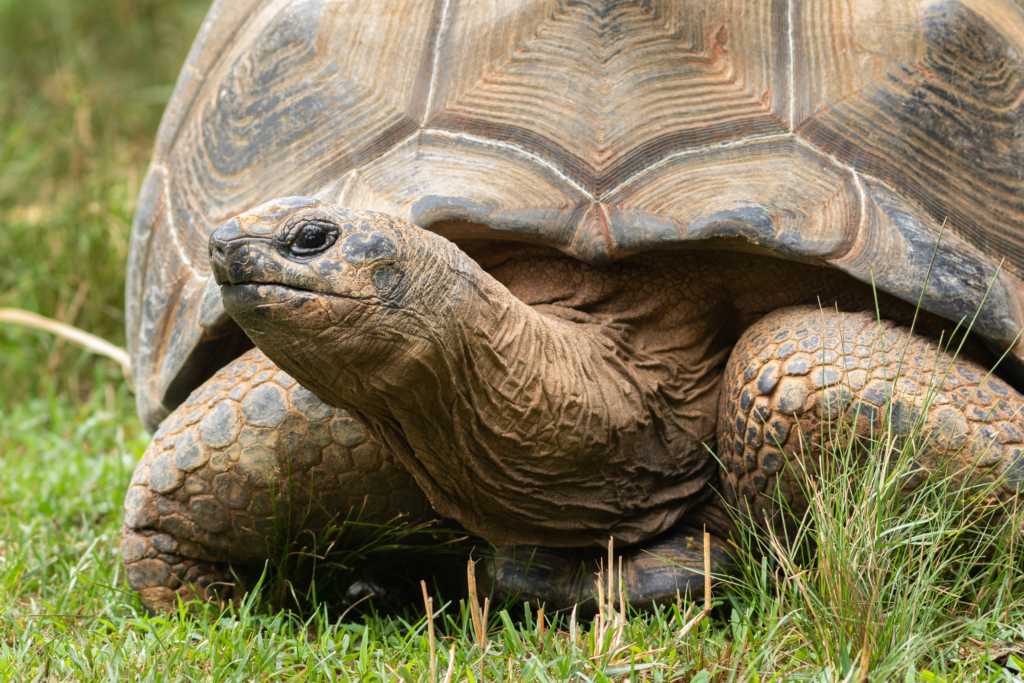Did you know that there is an “island” made up entirely of rubbish and plastic estimated to be approximately the size of Queensland floating in the North Pacific Ocean?
First discovered in 1997, the 1.6 million square kilometre Great Pacific Garbage Patch – also known as Trash Island or the Pacific Trash Vortex – consists mostly of tiny remnants of debris known as microplastics. It is estimated that there are 1.1-3.6 trillion pieces of plastic in the patch, with 46% of it being made up of discarded fishing nets.
The Great Pacific Garbage Patch is situated north-east of the tip of Queensland, east of the Japanese coastline, and south-west of California in the US. Once rubbish and debris enter the patch, it is unlikely to ever leave due to strong, circular ocean currents that form a vortex – sucking in the litter and growing the size of the patch.
Plastic pollution negatively impacts both sea animals and humans alike, with plastic being responsible for the deaths of 100,000 marine mammals and turtles, and 1 million seabirds per year. Abandoned fishing nets or “ghost nets” are responsible for around 70% of marine entanglements, killing sea turtles, dolphins, seals and fish. Minute plastic particles, called nanoplastics, were also found in 210 fish species consumed by humans, as the miniscule pieces of plastic enter the muscle tissue of fish that we eat.
According to the National Oceanic and Atmospheric Administration (NOAA) it would take 67 ships twelve months to clean up less than 1% of the North Pacific Ocean. Innovative companies such as not-for-profit The Ocean Cleanup have started to develop new technologies to clear the oceans of plastics that are killing wildlife. It is expected that in conjunction with the introduction of single-use-plastic restrictions, these sorts of clearing projects could have 90% of ocean plastics removed by 2040.
If this information is motivating you to do your part, the Ocean Society has provided seven steps you can take to limit your impact on ocean pollution:
- Reduce Your Use of Single-Use Plastics
- Support Legislation to Curb Plastic Production and Waste
- Recycle Properly
- Participate In (or organise) a Beach or River Cleanup
- Avoid Products Containing Microbeads
- Spread the Word
- Support Organisations Addressing Plastic Pollution
On June 8th we’ll be celebrating World Ocean Day so there has never been a better time to start implementing best practices to keep our oceans clean!






